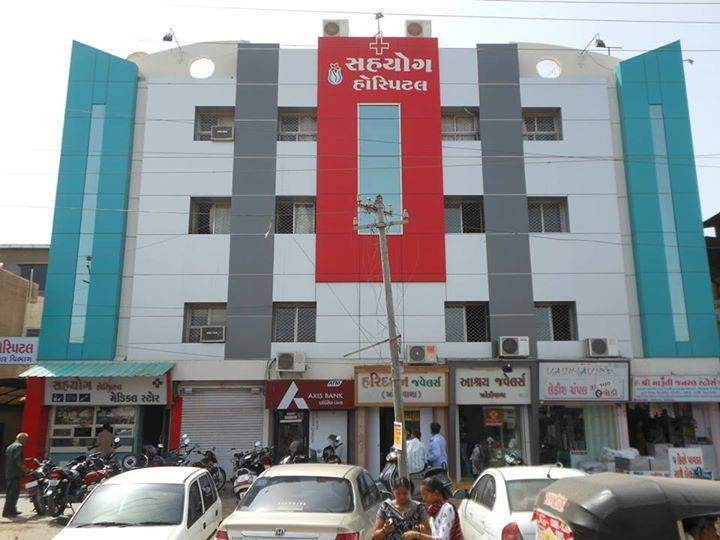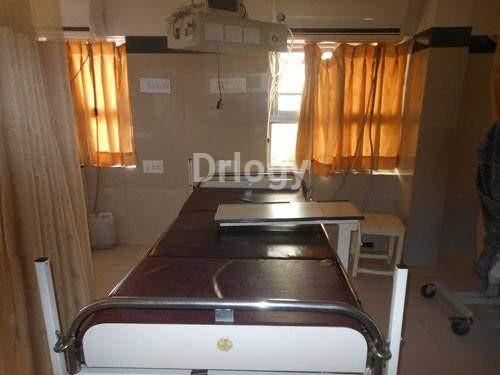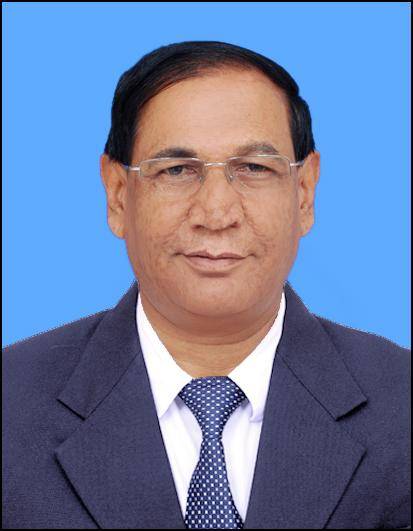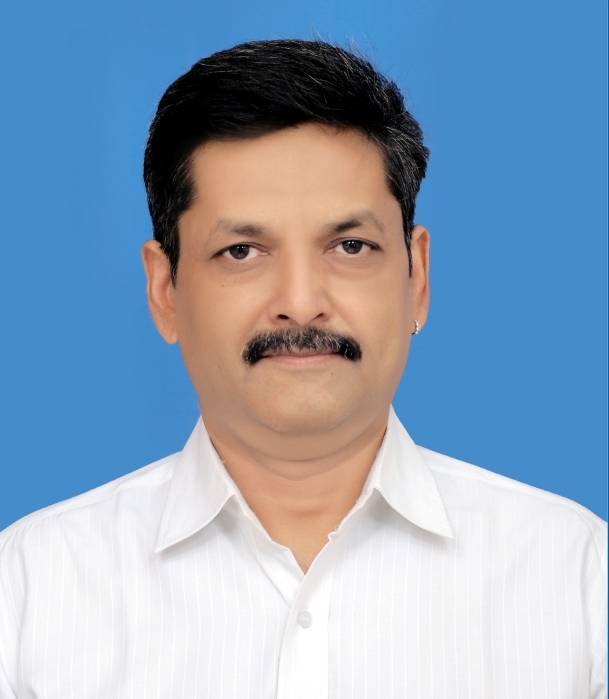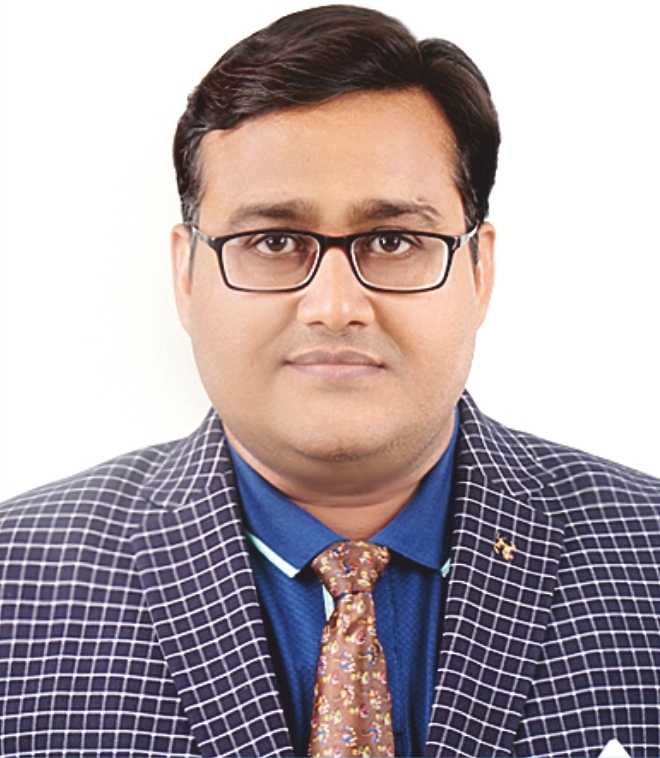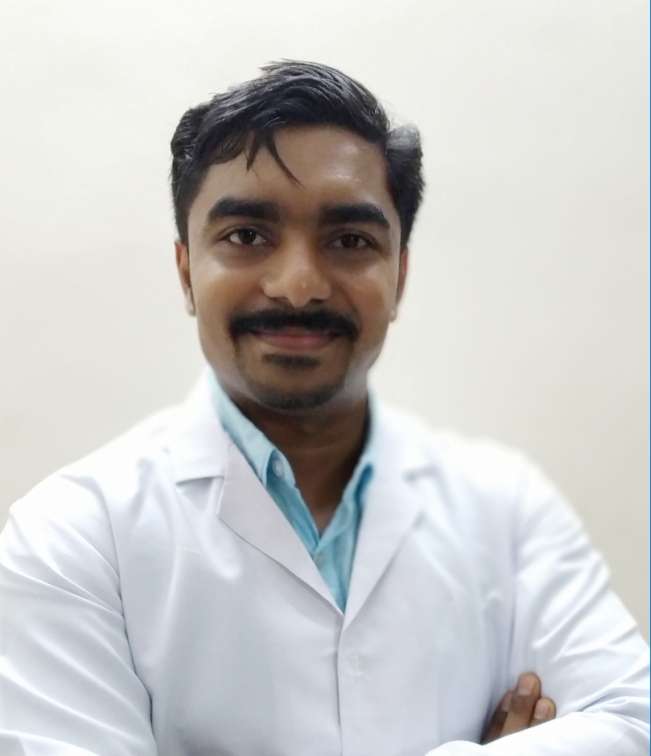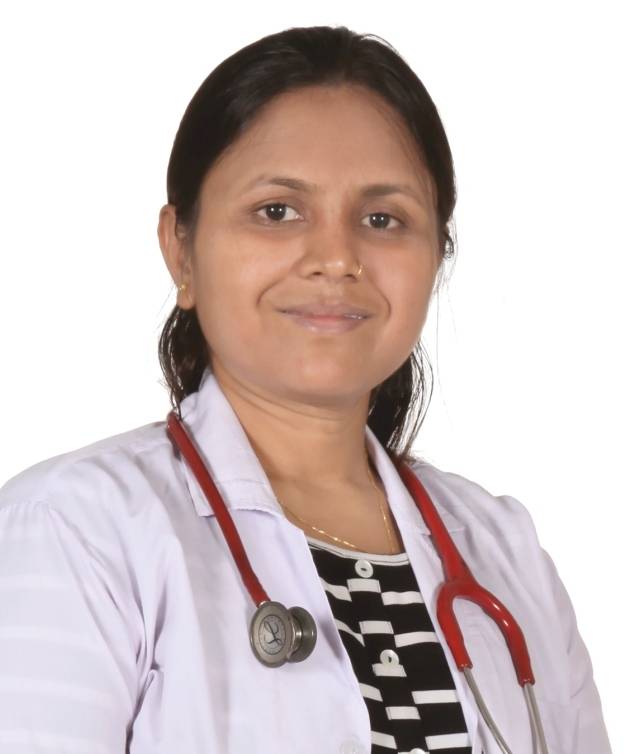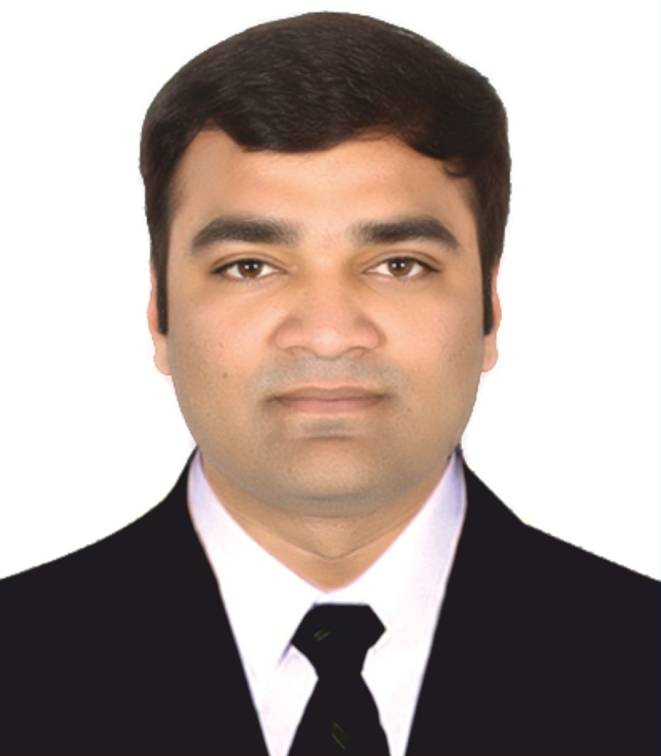Near By Me
Doctors
Speciality
Hospital
Clinic
Pathology Lab
Diagnosis Test
Lungs and Respiratory System
Infections and Diseases
Liver
Nervous System
Blood and Circulatory System
- Thalassemia Test
- Low Blood Pressure Test
- High Cholesterol Levels Test
- Cholesterol Test
- Anemia Test
- Hemorrhagic Stroke Test
- Cardiovascular Diseases Test
- Coronary Artery Disease Test
- Myocardial Infarction Test
- Heart Failure Test
- Arrhythmia Test
- CLL Test
- CML Test
- Bones and Joints
- Osteoporosis Test
- Rheumatoid Arthritis Test
- Osteoarthritis Test
Maternal Health
Endocrine System
Health & Diseases
Cancer
Nutrition & Fitness
Mental Health
Insect Phobias
Object Phobias
Medical Phobias
Environmental Phobias
Specific Object Phobias
Diseases
- Clinical Depression
- Anxiety Relief
- Dysthymia
- Social Anxiety Disorder
- Panic Attack
- Blood Disorders
- OCD
- Dyspnea on Exertion (DOE)
- Schizophrenia
- Heart Attack
- High Blood Pressure
- Cholesterol Body Fat
- Kidney Stones
- Skincare
- Alzheimer's
- Hair Fall
- Depression
- Anxiety Disorders
- Langya Virus
- Malaria
- REM Sleep Disorder
- Anxiety Disorders
- Langya Virus
- Diabetes
Drlogy Health
Doctors Nearby Me
Top Healthcare Professionals
Top Citywise Doctors
Lab Tests
Health & Medical Days
Calculator
Health Dictionaries
Baby Names
Drlogy Plus
Drlogy Hospital Software
Drlogy Clinic Software
Drlogy Pathology Lab Software
1000+ Pathology Lab Report Format
Drlogy Radiology Software
1000+ Radiology Report Format
Drlogy Free Profile Listing
Drlogy Letterhead
Drlogy ICD Codes
Drlogy Plus Series
- Lab Setup
- Lab Growth Stratergies
- Lab Software Buying Guide
- Lab Test List
- Lab Software Features
- Hospital Growth Strategies
- Hospital Revenue Cycle Management
- Patient Care Management
- Doctor Reputation Management
- Patient Care Technology and Safety
- Patient Scheduling System
- No Show Appointments
- Patient Engagement Strategies
- Dental Practice Growth Strategies
For Professionals
 Drlogy
Drlogy